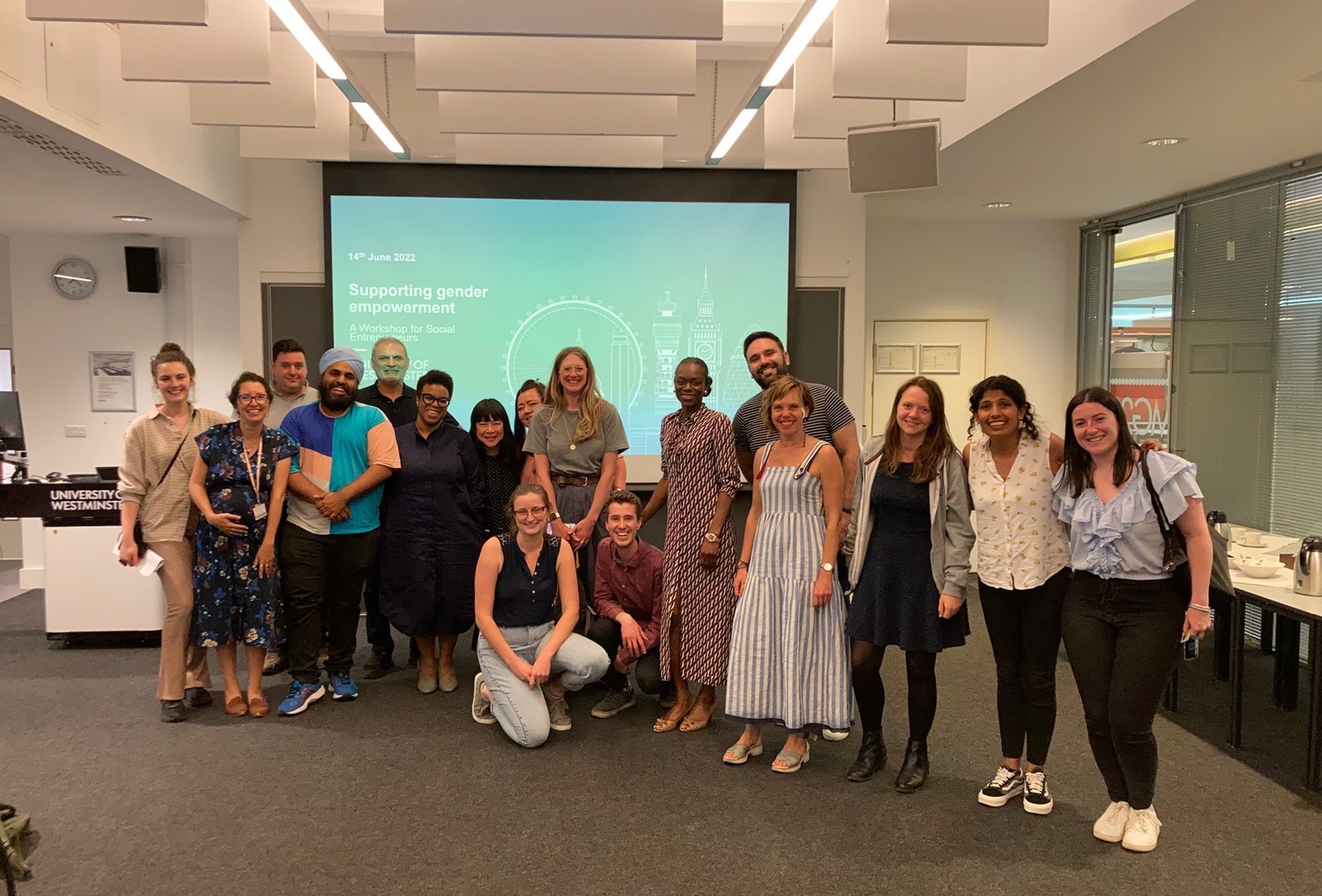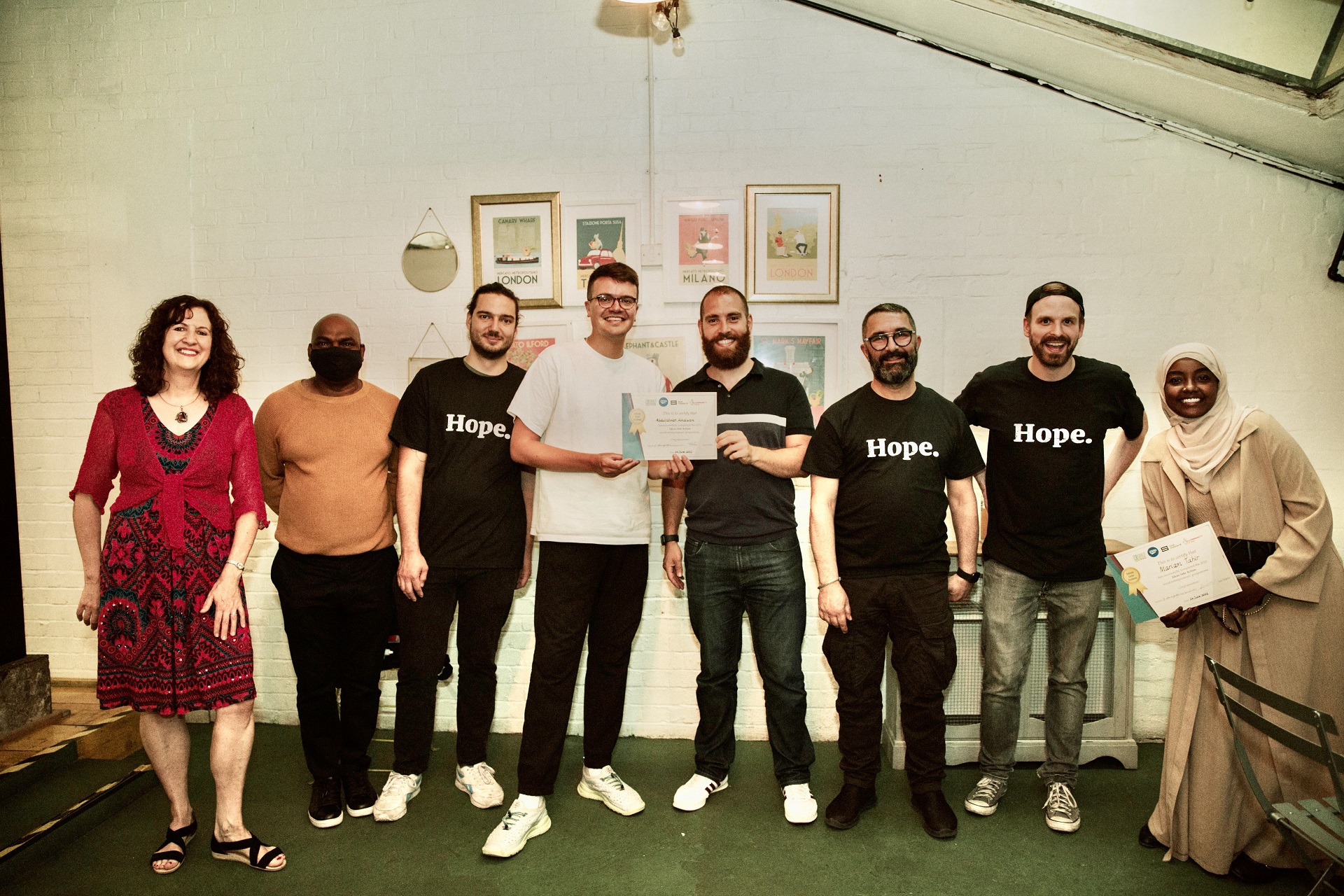
News
On the passing of Her Majesty Queen Elizabeth II
8 September 2022 Lord Victor Adebowale, Chair of Social Enterprise UK and Peter Holbrook, Chief Executive of Social Enterprise UK, said: Her Majesty the Queen has been the ultimate leader of our nation for the last 70 years. We, along with millions of others, have greatly admired her unwavering commitment to her duties and how she made supporting social causes a central part of her role, through her patronages. Throughout all the challenges the UK has faced in her reign she has provided stability, comfort and shown steadfast leadership, often saying exactly what people have needed to hear in some of our most trying times. This is a deeply sad time for the UK and our thoughts are with the Royal Family at this time of their great personal loss.
1 min







